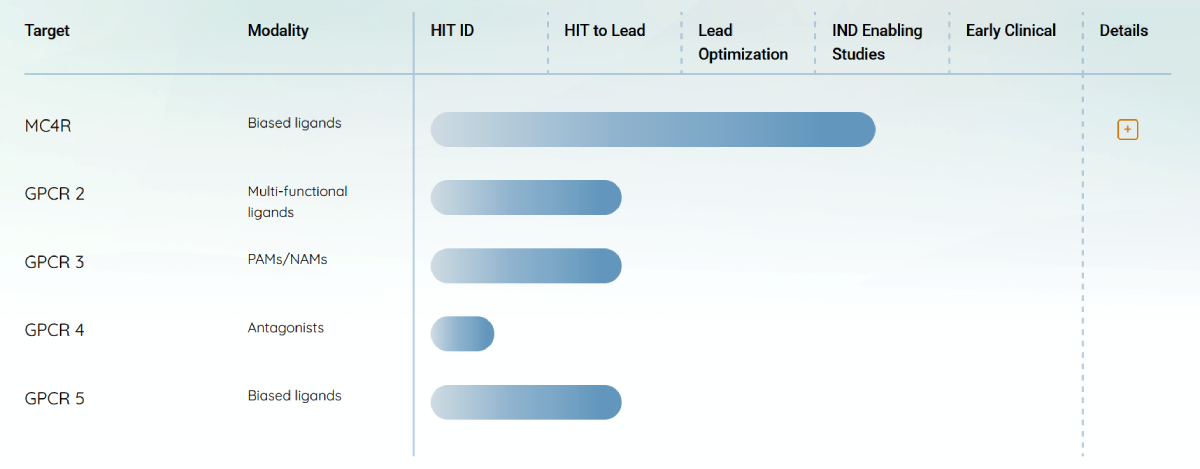Eli Lilly Signs $1.3 Billion AI Drug Discovery Deal with Superluminal
Eli Lilly has entered into a collaboration with Boston-based Superluminal Medicines valued at up to $1.3 billion to discover small-molecule drugs for obesity and cardiometabolic diseases. The agreement gives Lilly exclusive rights to develop and commercialize compounds identified through Superluminal’s drug discovery platform, with Superluminal receiving upfront and milestone payments, an equity investment, and tiered royalties on sales.
The partnership focuses on undisclosed G-protein-coupled receptor (GPCR) targets, a class of proteins involved in regulating metabolism, growth, and immune responses. Superluminal will deliver candidate molecules that meet predefined criteria, after which Lilly will assume responsibility for further development and commercialization.
The Superluminal collaboration follows another major deal announced in January 2025, when Lilly acquired Scorpion Therapeutics’ oncology program for up to $2.5 billion. That acquisition added STX-478, an oral therapy in Phase 1/2 trials for hormone-positive breast cancer and other solid tumors, to Lilly’s oncology portfolio.
Superluminal raised $120 million in a Series A round in September 2024, led by RA Capital Management with participation from Insight Partners, NVentures (NVIDIA’s venture arm), Catalio Capital Management, Lilly itself, and others. The financing was directed toward advancing its GPCR-targeted programs into clinical development and expanding its proprietary platform.

Superluminal pipeline, August 2025
One of the company’s wholly owned lead programs is a selective melanocortin 4 receptor (MC4R) agonist, being developed for rare genetic forms of obesity such as Bardet-Biedl Syndrome and hypothalamic obesity. MC4R is also recognized as one of the most common genetic contributors to obesity in the general population. The drug candidate is designed to selectively activate relevant MC4R pathways, aiming to reduce side effects while broadening its therapeutic potential. Human trials are expected to begin in 2026. This candidate is not part of the Lilly collaboration.
Superliminal’s AI Platform
Superluminal’s research is centered on its Hyperloop platform, which integrates structural biology, protein dynamics, generative AI, and predictive pharmacology to address GPCR drug discovery. GPCRs make up one of the largest receptor families in biology, but many are still poorly understood due to their complex structure.
The platform creates dynamic ensembles of receptor conformations—described by the company as “movies rather than static pictures”—to capture how binding sites shift over time. This provides a more accurate basis for designing selective small molecules.
Key components of the platform include:
- Giga-scale virtual screening of billions of compounds.
- Generative AI for de novo design, producing custom molecules based on receptor dynamics.
- Predictive ADMET modules, trained on proprietary and public datasets, to anticipate absorption, distribution, metabolism, excretion, and toxicity profiles.
- Cryo-EM structural biology, with ML-supported imaging pipelines capable of generating dozens of high-resolution GPCR structures per month.
The system is designed to reduce late-stage attrition by prioritizing candidates with stronger pharmacokinetic and toxicology characteristics earlier in development. It is being applied not only to validated GPCRs but also to previously intractable ones, with the goal of enabling drugs that target receptor-specific signaling pathways, heteromerization, and tissue selectivity.
Lilly’s deal with Superluminal comes amid intensifying competition in obesity drug development. Novo Nordisk and Eli Lilly already dominate the field with their GLP-1-based medicines with both companies pursuing next-generation therapies, including oral small molecules and multi-hormone strategies.
Topic: Industry Movers